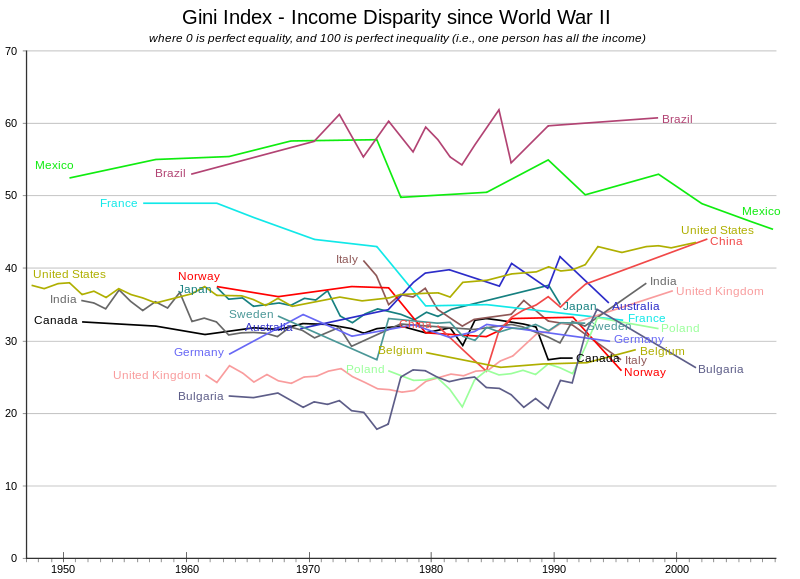Austerity economics do not turn around recessions and depressions
It’s easy to beat up on Keynsian economics in good times, but in a serious economic downturns, keynsian economics are the way up and out. The push and pull between keynsian economics and free market economics represent a scale and reasonable people will understand that both have their place in large-scale economic, real world applications. 
Unregulated free markets give you the mortgage crisis economic collapse. The answer? regulate the free market. Regulation does cut into profits. It also prevents rampant corruption in the free market that can create a long term economic downturn in exchange for short term bonus income. Regulate the free economy. It ain’t rocket science. The second tool to create a relatively stable and honest “free” market is a steeply progressive tax schedule that makes short term profit-taking too difficult. It changes the dynamics of corruption, greed, temptation for folks with weak ethical constitutions if they know that the government is going to get the lion’s share of their income if they throw out good sense and choose to enrich themselves at the expense of their businesses and the larger economy.
Well, that’s where we are these days and we are not getting out of the global economic slump without turning to Keynsian economic fixes. They are counter intuitive and they work. The deficits have to increase to get the economy growing again (this would be a good time to spur green economic growth – clean energy? energy independence? move away from internal combustion personal transportation?).
But the free market fundamentalists cannot understand that their end of the economic scheme spectrum cannot bring an economy out of a slump. It’s akin to “the beatings will continue until morale improves,” pulling more money out of the economy in a slump by cutting government spending simply deepens the downturn.
There are different problems that can develop with an economic model that is too tightly regulated, central state economic planning cannot harness the economic engine of fashion, desire, etc. that is like a force of nature. Free market economics knows how to derive growth from the force of nature that is fashion, fad and desire. But we don’t have to worry about too little free market freedom. That is not our problem today.
David Stringer at AP has an article out:
Doubts grow, not economy, under UK austerity drive
MANCHESTER, England (AP) — Jobs have been lost, libraries shuttered, sailors sacked and street lights dimmed — Britain is beginning to taste the bitter medicine David Cameron warned was necessary to fix its wounded economy. It’s left some wondering: Is the remedy worse than the symptoms?
This is a badly flawed question. The framing of the question suggests that an austerity program is the remedy to deficits that pile up in an economic downturn. It is not a remedy, it is an expression of free market fundamentalism.
The US free market fundamentalists have a hybrid model, they love government spending that feeds corporations, they have no qualms about government spending as long as the spending is not committed to health care, education, food security. There is a low profit margin in that stuff compared to weapons systems and war profiteering. The “austerity” program of US free market fundamentalists is not about austerity, it is about class warfare. The shift of wealth from the many to the few that has occurred over the past thirty years is not about rewarding the most productive folks in our society, it is about class warfare. Top tax rates of 70% plus did not prevent the US economy from growing and adding jobs. Obama was correct when he said, it’s not class warfare, it’s math. And a little history.
The website of G. William Domhoff (sociology professor, UC Santa Cruz) seems to have a lot of good information. Who rules America? Is that a rhetorical question?

hmm.. we are up there in the top three or four countries of income disparity. Brazil, US, and China, UK going for more disparity, Bulgaria, Norway, Mexico trending for less disparity.
